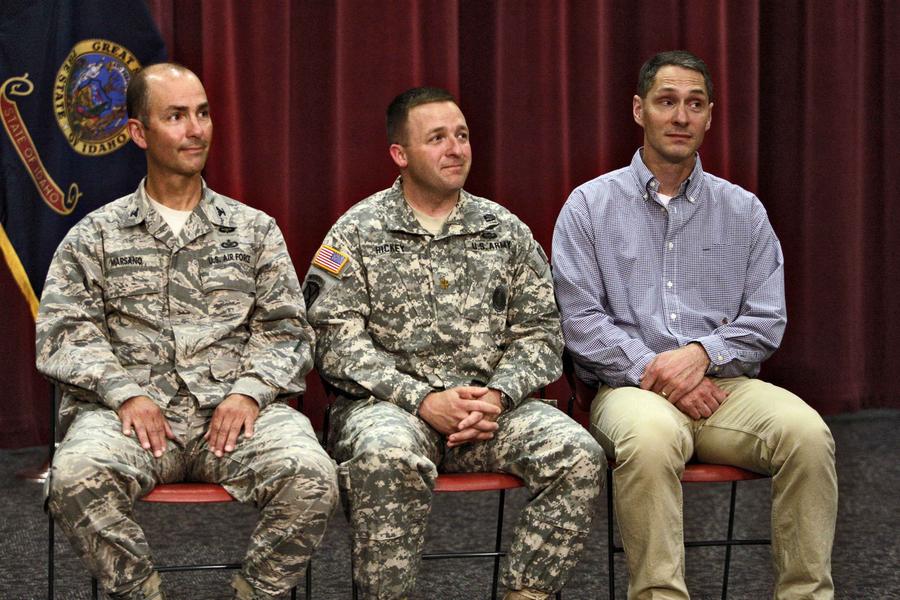Taliban prisoner swap stirs debate in US
Updated: 2014-06-03 07:31
(China Daily/Agencies)
Critics say released Afghans could 'have ability to rejoin fight'
The dramatic deal to free US army Sergeant Bowe Bergdahl in exchange for five Taliban prisoners has stirred heated debate in Washington, with critics suggesting the released Afghan prisoners might simply rejoin the fight against US forces.
Washington has defended the swap as critical to saving Bergdahl's life, as his health had begun to deteriorate sharply after five years in captivity in Afghanistan.
But the exchange announced on Saturday was criticized by Republican lawmakers, who said the five Taliban prisoners, all senior figures held at the US military prison in Guantanamo Bay, could return to the battlefield and pose a threat to Americans abroad.
Senator John McCain, who was himself a prisoner of war in Vietnam, called them the "hardest of the hard core" and said it was "disturbing that these individuals would have the ability to re-enter the fight".
Meanwhile, Mullah Mohammad Omar, the spiritual leader of the Taliban, issued a rare statement praising the release of the Guantanamo five as a "big victory".
Deal 'shows goodwill'
Despite the Taliban boasts, analysts said the deal could be a much-needed confidence-booster as the United States prepares to withdraw from Afghanistan in 2016, ending the country's longest war 15 years after the September 11 attacks.
US Defense Secretary Chuck Hagel expressed hope the swap could lead to direct US talks with the Taliban, and support the Afghan-led effort to reach a peace deal critical to the nation's future.
"So maybe this will be a new opening that can produce an agreement," Hagel said.
The release of the men, all influential former officials of the Taliban regime toppled by the US-led invasion of Afghanistan, had long been the main condition imposed by the militants for the start of peace negotiations with the US.
"I think it shows all sides' goodwill for trust-building and start of the peace talks in the near future," Ismail Qasimyar, of Afghanistan's High Peace Council, said on Sunday.
Plucked to safety
Hagel provided new details on the operation to retrieve Bergdahl in comments to reporters while en route to Bagram air base north of Kabul, where he met with more than a dozen members of the special forces team that plucked the 28-year-old to safety.
"We believed that the information we had, the intelligence we had, was such that Sergeant Bergdahl's safety and health were both in jeopardy," Hagel said.
"It was our judgment that if we could find an opening and move very quickly with that opening, that we needed to get him out of there, essentially to save his life."
Difficult recovery
Bergdahl's parents held a tearful news conference on Sunday in which they revealed they have yet to speak to their son, who is still being kept at the Landstuhl Regional Medical Center in Germany.
"Bowe has been gone so long that it's going to be very difficult to come back," his father Bob said, likening the process to decompression as a diver slowly resurfaces. "If he comes up too fast, it could kill him."
Bergdahl arrived at Landstuhl in southern Germany on Sunday, where he is to continue his "reintegration process", the army said.
US officials initially said the soldier was in "good" condition and able to walk on his own, but his father said he might have difficulty speaking English after five years with his Pashto-speaking captors.
Militant sources said he was held at various spots along the volatile Afghan-Pakistan border, finally ending up in Pakistan's North Waziristan tribal district.
The circumstances of the Idaho native's disappearance, from a base in Afghanistan's eastern Paktika province in 2009, remain unclear.
AFP-AP
